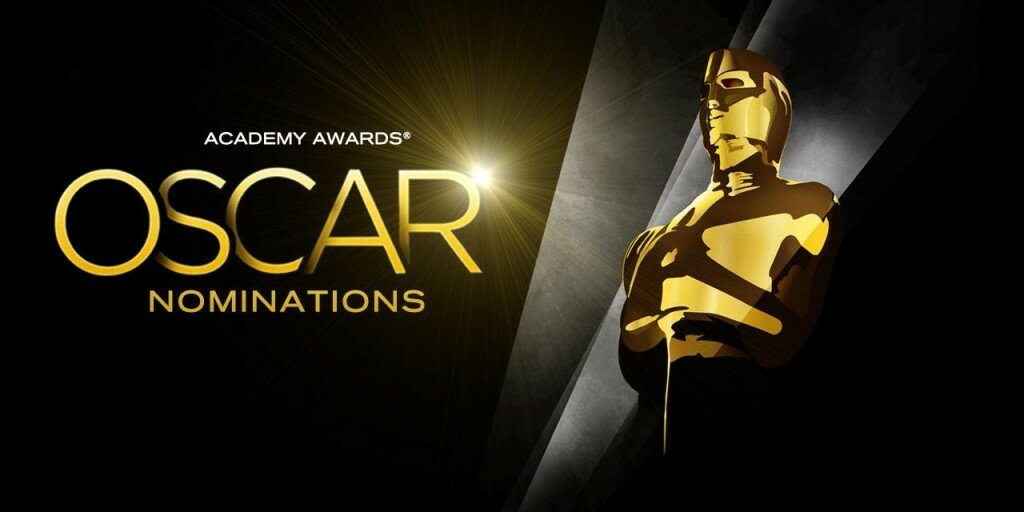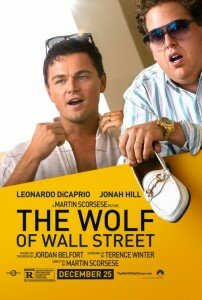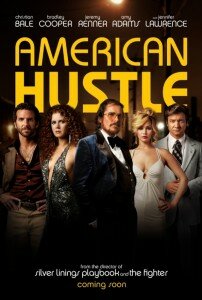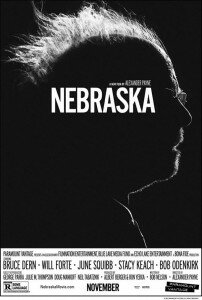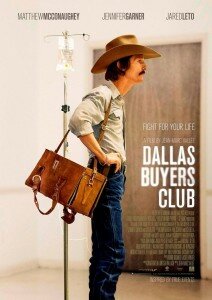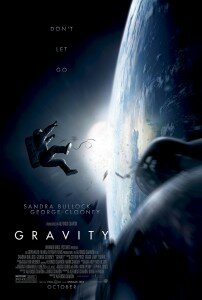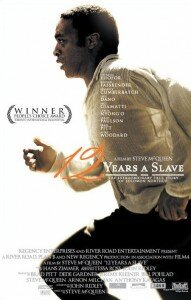“…Public streets blur into private forecourts. Seductive passages become corporate cul-de-sacs of soaring glass, steel and stone…These are offices built to look great in photographs…But in the end a city is not its buildings, it is its people and there is something salutary in the way Londoners fail to live up, or down, to the cosmetic gloss of their surroundings…To a newcomer the City looks impenetrable, like an oiled machine with a hidden logic. City folk might seem coolly efficient but it’s an illusion. Look again and many of them seem out of their element, as if caught between one air-conditioned sanctuary and the next. These are not employees ‘on message’. There is doubt and indecision in their gestures. Others are not dressed for the office at all but residents from the housing estates. Something of the essence of the City is visible here: the telling gap between official power and lived experience…”
Reading this mission statement from photographer Polly Braden, about her recent project London Square Mile, brought me back to Spike Jonze’s Her. I’ve been trying to put my finger on exactly what my problem is with what, on the surface at least, is an impeccably made, thought-provoking sci-fi love story for our times. And it’s this: it’s too seductive, too in love with its own ‘cosmetic gloss‘.

Jonze and cinematographer Hoyte Van Hoytema have created a gorgeous near-future world of city lights and modernist apartments, coordinated fashion and hi-tech immersion around the lonely life of mild-mannered writer Theodore Twombly (Phoenix), a man mourning the end of his marriage and looking for consolation wherever he can find it. This turns out to be in the form of Samantha, the world’s first artificially intelligent operating system, a ‘consciousness‘ that mimics human interaction, learning and evolving at a frightening pace. Theodore soon finds himself drawn into a seductive relationship with Samantha (voiced by Scarlett Johansson) that grows into love and even sex.
So far, so interesting. After all, at the rate technological progress is annexing our lives it’s only a matter of time before it provides for sexual desire and emotional needs. It almost feels inevitable really, even now, twenty-first century manifest destiny. Her sets this moment in an unspecified future but it can’t be more than twenty or thirty years from now. Which makes the portrayal of the world around Theodore all the more pointed. This isn’t a distant sci-fi future we can dismiss as fantasy. This is, potentially, our world, in our life time.
Yet it feels like a particularly ravishing car advert in thrall to the lovely modernist shimmer of over-privileged ennui. Where are the poor for instance? There’s a scene where Theodore looks out over a public beach, people walking by on the boardwalk like the perfectly-spaced cars in old World’s Fair models of future traffic, pointillist figurines from a Seurat painting. In this future world there is no ‘doubt and indecision‘ in people’s gestures, no disorder, no outbreak of human vitality. It feels like a film made by people who are so immured in their world of privilege, social media and hi-tech toys they simply don’t see the poor any more, or they’ve airbrushed them out of the future so as not to spoil the pristine elegance of the shot.
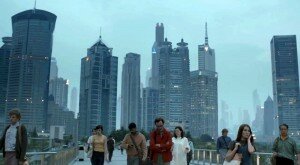
I mean we’re supposed to worry about this man’s withdrawal from the real world but the real world around him is so sterile he might as well exist in a virtual cocoon of immersive video games and Samantha’s empathic voice. Why not? You could argue this is deliberate, that this background is mood music for Theodore’s state of mind, or a subtle dystopian warning of our future, but I don’t think so. The film is super proud of how beautiful it is, how tragically romantic it is, how clever and questioning it is about the future we’re heading for, yet it seems in love with that future.
When you take away the seductive cinematography, the Arcade Fire soundtrack, the fine, touch-sensitive performance of Joaquin Phoenix, what are you left with? ‘The past,’ Samantha tells Theodore, ‘is just a story we tell ourselves‘. So, of course, is the future. The story Her is telling us is not Romeo & Juliet for the twitter generation but this: technology will save us from the messiness of human interaction. It’s easy to mock a film that attempts to explore such things, of course, but it’s just as easy to fall under its state-of-the-art spell.
Ultimately, it does for computers what Spielberg did for aliens in Close Encounters of the Third Kind. It surrenders to emotional despair, to the mystical implications, the higher consciousness that will save us, teach us how to truly love. The fear is gone. Once we worried about HAL in 2001: a Space Odyssey (1968), or the rapacious Proteus IV in Demon Seed (1977), Skynet in The Terminator (1984), or the prophetic rabbit-hole of The Matrix (1999). Now we’re a generation in full fatal embrace of computers, just waiting for them to love us back.





